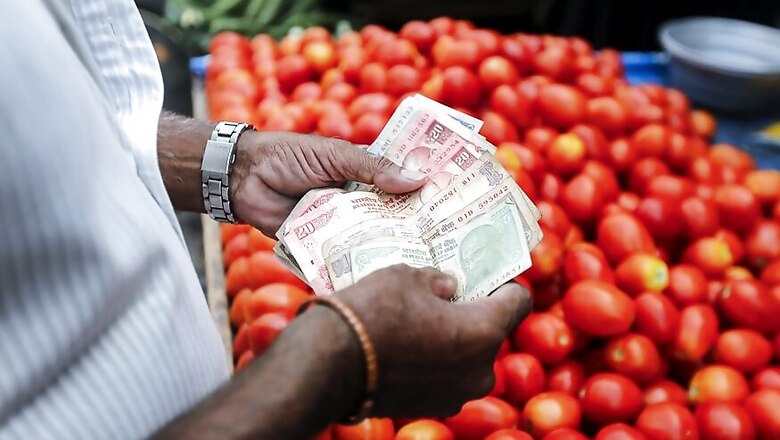
views
New Delhi: The Jharkhand government’s experiments with Direct Benefits Transfer (DBT) has left nearly 97 percent residents in Ranchi’s Nagri block less than happy, according to a civil society survey.
Released by economist Jean Drèze on Saturday, the survey looked into the workings of the DBT among 244 households in 13 villages in Nagri, under which residents first collect their food subsidy in cash from their banks accounts, and then purchase rice from their ration shops at Rs 32 per kg.
Before DBT was implemented in October, 2017, residents could directly get rice from ration shops at Re 1 per kg.
The survey threw up problems with the way the DBT scheme had been structured.
Earlier, ration shops were the only access point residents needed. With the DBT system residents have to queue up at banks, many then have to go to local Pragya Kendras and finally to the ration shops. Banks located, on an average, 4.5 km away from households, and Pragya Kendras, or common service centres, 4.3 km away. Thus, residents now spent an average 12 hours to get their rice. Some, about 28 percent, spent over 15 hours, equivalent of two working days, the survey says.
Despite the time spent in queues, many have gone without their rice. Out of four installments of DBT money due to them since October 2017, respondents have received only 2.1 installments on average. Out of four monthly rice rations due to them since October 2017, the respondents have been able to collect only 2.5, on average, said the survey.
Often, a household didn’t even know which bank account it had received its subsidy in. According to the survey, 95 percent of the residents did not know which account would be used for DBT. A household in Nagri has an average of 3.4 bank accounts, and 70 percent of the residents surveyed said, it was only after checking each did they know where the subsidy had been credited.
The many difficulties in getting this cash in hand has meant some residents have not been able to collect their rations. The survey documents such case studies, of residents who’ve been warned their ration cards will be canceled for not picking up their grains. Since 77 percent of residents have bought ration with the DBT cash, some have had to purchase it with their own money.



















Comments
0 comment